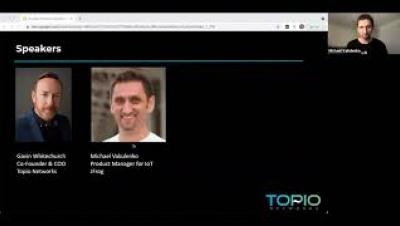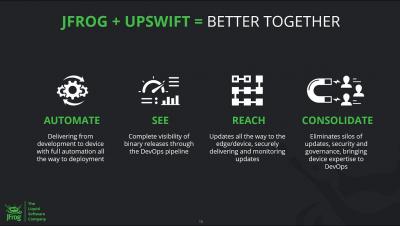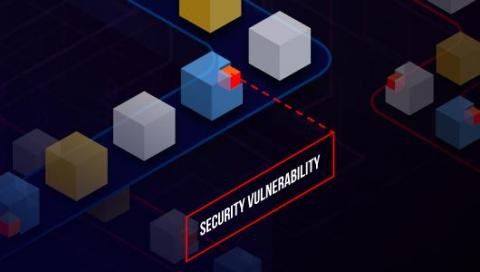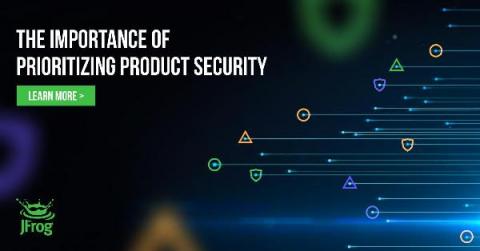GitLab vs JFrog: Who Has the Right Stuff?
Like the historic space race, the competition to plant the flag of DevOps is blasting off. According to market intelligence firm IDC, global business will invest $6.8 trillion in digital transformation by 2023. Yet research also suggests that 70 percent of them will fail to meet their goals. JFrog was the first company to offer a universal, hybrid, end-to-end DevOps platform.











